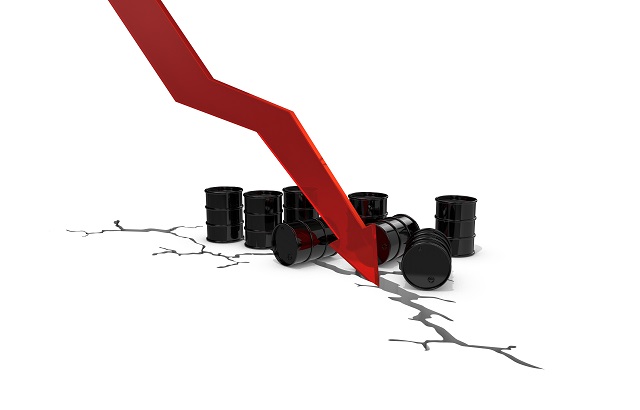The economies and infrastructure in the Middle East have been primarily built up by the wealth generated from its large reserves of oil.
As at 2018, over 51% of global known crude oil reserves were in the Middle East.
But, unfortunately, the coronavirus pandemic has seen oil prices plunge to record lows, as people are told to stay home and only fly when absolutely neccessary.
Many countries in the Gulf Cooperation Council (GCC) region use sovereign wealth to fund basic infrastructure projects, and the reduction in oil price impacts the ability of countries to invest in that way.
Effects
Mark Sanderson, chief operating officer at Praemium, said to International Adviser that regions that do not have high levels of oil reserves, like Dubai, have been “particularly innovative” in how they have built up their economies and so, “in theory, should be more resilient”.
However, Christopher Davies, financial planner at The Fry Group, told IA that the drop will hit “huge capital projects in the pipeline”, such as UAE trying to balance government budgets.
In a bid to bolster their coffers, governments in the Middle East could look towards an income or wealth tax.
But both Sanderson and Davies do not think this is likely to happen.
“The introduction of income tax has long been mooted in countries like the UAE,” said Sanderson. “However, I don’t expect this current situation to change the timeline for that too much.”
Davies said: “An income tax-free lifestyle is a significant attraction to the region for many expatriates.
“I would expect further forms of indirect taxation before the Middle East countries consider the formal application of income tax, not least for the administrative burden this could place on tax authorities.”
VAT?
One development that arose after IA spoke with Sanderson and Davies was the sharp jump in value added tax in Saudi Arabia.
Like Emiratis, Saudis only started paying VAT on 1 January 2018, with the limit set at 5%.
The decision by the government on 11 May to triple it to 15% from 1 July would have come as a very unpleasant shock.
Shortly after the announcement was made, however, the UAE authorities confirmed that they had no plans to follow suit.
The UAE government has, as of yet, made no mention of introducing income or wealth taxes to raise cash to battle the economic impact of covid-19.
Overestimation
So, while high net worth individuals are unlikely to be hit with a wealth tax, that doesn’t mean they will have escaped the downturn unscathed.
Sanderson said: “A diversified portfolio should shield individual investors from the brunt of the impact.
“However, the resulting job uncertainty, compounded by covid-19 lockdown measures, will have an impact on investor confidence and, in theory, could mean less money to invest.
“Investors who live and work in the Middle East tend to overestimate the negative impact that a falling oil price will have and so there is often a disproportionate loss of confidence in the short term.
“While the mass affluent investor may be a bit more reticent; high net worth investors, who are less concerned about employment, will likely see this as an opportunity to invest in equity markets which could be perceived as ‘cheap’ compared to the levels over the last 10 years.”
Client outcomes
The rapid decrease in demand for oil could also mean a reduced number of executives and employees in the oil industry.
This, in turn, could potentially mean fewer high net worth individuals and expats in the Middle East.
The Fry Group’s Davies said a “significant amount of jobs” in the region are linked to the oil and gas sector, and the lack of activity in the space is likely to have “important knock-on effects for the wealth industry”.
He said that “competition” for clients “is likely to increase”, as the number of expats falls.
“This could force businesses to adopt a leaner and more cost-effective business model, focusing more on current client retention,” Davies added.
“A decrease in potential client numbers may therefore be a good thing for the industry, which will have to adapt to providing better client outcomes and focus on servicing clients effectively due to a shrinking pool of potential replacement clients.”
Adviser help
The ability to keep customers at a time like this is a real skill and can be the difference between a successful and a failing business.
“Adviser firms need to instil that confidence in their clients through regular communication and transparency,” said Praemium’s Sanderson.
“The current global pandemic, however, has made this more difficult than ever and advisers need to find more innovative ways of connecting with clients.”
Davies said that advice firms will also have to abide with “greater transparency and level of transparency” over fees as the marketplace becomes more competitive.
He added: “With a changing advice landscape in the Middle East, advisory firms are going to have to learn to adapt to remain relevant in the new market.
“As we come out of the current pandemic, working practices everywhere will likely be changed for good.”








